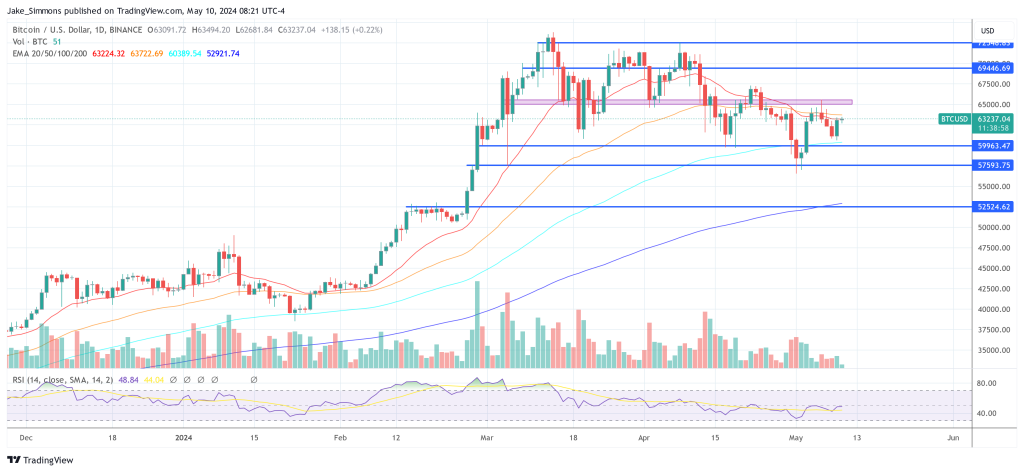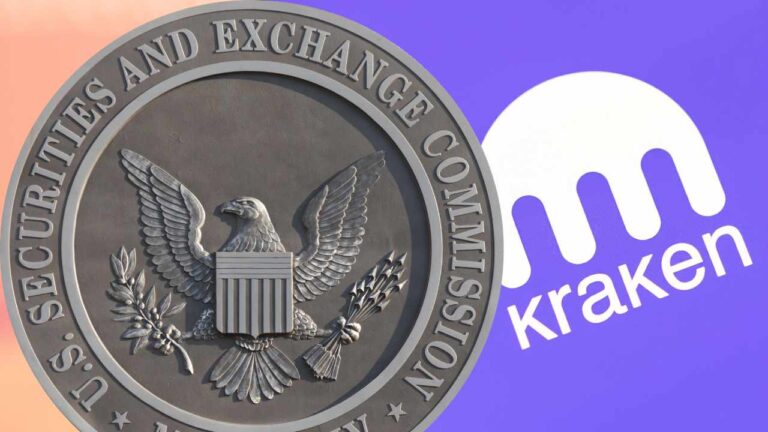Crypto exchange Kraken has stepped up its fight against the United States Securities and Exchange Commission (SEC) by formally submitting a response in support of its motion to dismiss the agency’s lawsuit. THE depositdated May 9, 2024, contests the The SEC’s complaint that Kraken operated as an unregistered exchange dealing in securities, particularly “investment contracts”.
Led by Matthew C. Solomon of Cleary Gottlieb Steen & Hamilton LLP, Kraken’s legal team disputes the SEC’s allegations, asserting that no specific investment contracts negotiated, transacted or settled on Kraken’s platform were identified. They argue that crypto assets alone, which are the only products alleged to have been managed by Kraken, do not meet the definition of investment contracts under federal securities laws.
Kraken is fighting for the entire crypto industry
The filing highlights a critical flaw in the SEC’s approach, accusing the regulator of confusing primary offerings conducted outside of Kraken with secondary crypto market transactions on the platform. Kraken’s lawyers argue that the SEC’s approach ignores the separate legal treatment required for primary and secondary market transactions under the Securities Act of 1933 and the Securities Exchange Act of 1934.
Kraken’s submission states: “The transactions that allegedly took place on Kraken are indiscriminate secondary market sales of digital assets…unaccompanied by contractual terms or other obligations that may have existed during the initial offering.” » According to them, this could unduly expand the SEC’s regulatory reach to virtually any digital asset or product by asserting an associated “investment concept” or “ecosystem.”
Further challenging the SEC’s jurisdiction, Kraken’s lawyers invoke the major questions doctrine, arguing that the broad interpretation of regulatory authority over crypto assets should be explicitly authorized by Congress, not determined by litigation. They argue that the Howey Test criteria – a standard used to define what constitutes an investment contract – are not met, because there has not been an investment of money in a joint enterprise with a reasonable expectation of profits arising primarily from the efforts of others.
The SEC initially sued Kraken in November, after previously settling charges regarding Kraken’s staking services. In its opposition filed last month, the SEC defended its actions, saying, “it is simply not the case that this enforcement action exceeds the authority granted by Congress to the SEC.” The SEC argued that its application was consistent with the Howey test and its Congressional mandaterejecting claims of overbreadth.
Related reading: Taiwan sets its sights on crypto companies with strict new prison sentencing laws
The court is scheduled to hear arguments on the motion on June 12, 2024. If Kraken’s motion to dismiss is granted by Judge William H. Orrick, it could set an important legal precedent for the entire crypto industry, potentially limiting the SEC’s ability to regulate. secondary market transactions crypto assets within the current legislative framework.
At press time, Bitcoin was trading at $63,237.

Featured image from Koszary Tradingu, chart from TradingView.com


